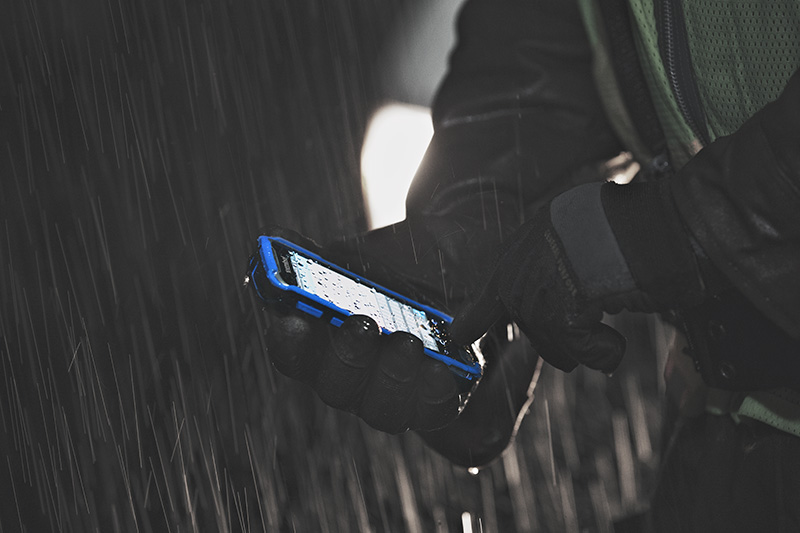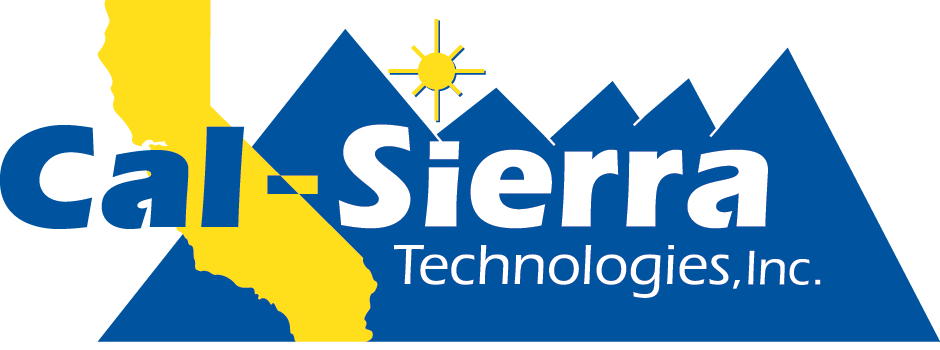
Are personal smartphones and tablets safe and strong enough for hospitals?

We’ve recently looked at the use of personal smartphones by nurses in hospitals. These convenient mobile devices blur the lines between personal and professional applications. Employers save money when they don’t have to purchase devices for their staff, but the choice comes with other issues.
Security, for one, is a major concern. Consumer-grade smartphones don’t protect data like an enterprise-level mobile computer can. With HIPAA rules, this less secure option presents a problem. Consider that the personal smartphone or tablet is used in many places outside of the hospital—where it could be lost or stolen—and by people other than hospital employees. Password protection is rarely adhered to by individuals, and security patches aren’t uploaded. Add to the mix the fact that these employees are spending work time to update their Facebook page, send personal text messages, and use various other apps that cut into productivity.
If something happens to compromise the network, the IT department needs to troubleshoot. Even the day-to-day device management is more challenging with personal devices.
When a hospital moves from personal smartphones to an enterprise-class mobile computer, these problems go away.
The sleek look of today’s rugged handhelds
Today’s rugged mobile computers look and feel more like smartphones. But the sleek exterior is more durable. The Zebra TC51-HC touch computer, for example, is designed to withstand numerous drops on a concrete floor from as high as 4 feet. It can be sprayed with a jet of water and keeps working. In addition, this purpose-built handheld computer is encased in disinfectant-ready plastic that withstands the constant cleaning by the common solvents used in the hospital. Zebra minimized the number of seams and crevices and covered the screw holes to eliminate places where germs can collect.
Does a consumer smartphone offer that degree of durability?
Zebra also integrated secure text messaging, a 13-megapixel rear-facing camera, a 1.3-megapixel front-facing camera (for remote consultation), flawless barcode scanning, and noise-cancellation for crystal clear audio. Nurses also appreciate the dictionary that includes common healthcare terms and abbreviations, to avoid wrestling with auto-correct. CartScan lets the TC51-HC become an extension of the Workstation on Wheels when the cart can’t be moved into a patient room.
The TC51-HC battery lasts longer, the robust Wi-Fi connection is faster and more reliable, and a button on the device lets the nurse instantly access emergency apps to avoid losing precious seconds.
To improve productivity and protect the security of your patients and network, talk to us at Cal-Sierra about purpose-built mobile devices. Also, look at the Cal-Sierra Healthcare Solutions Guide.
